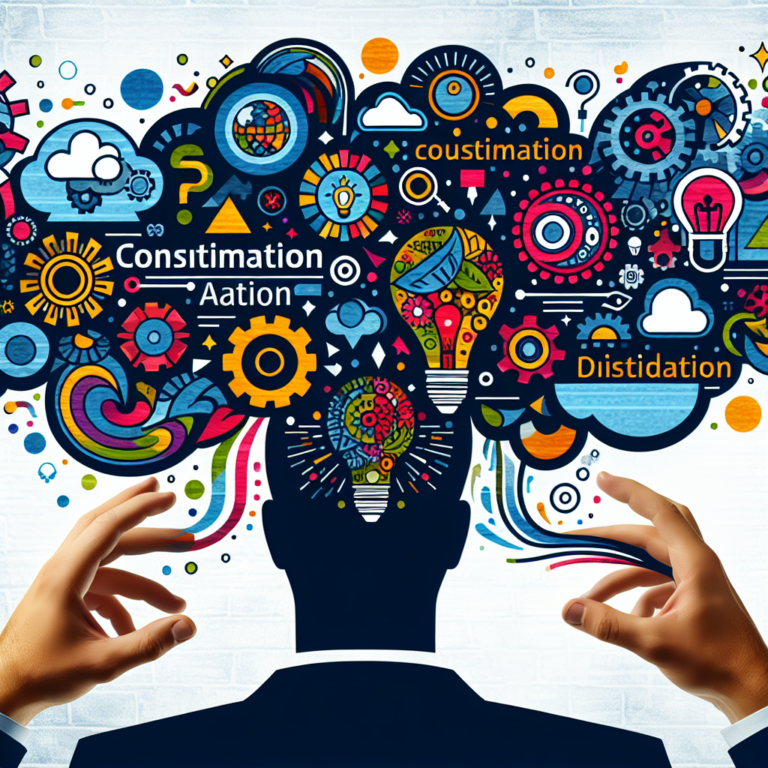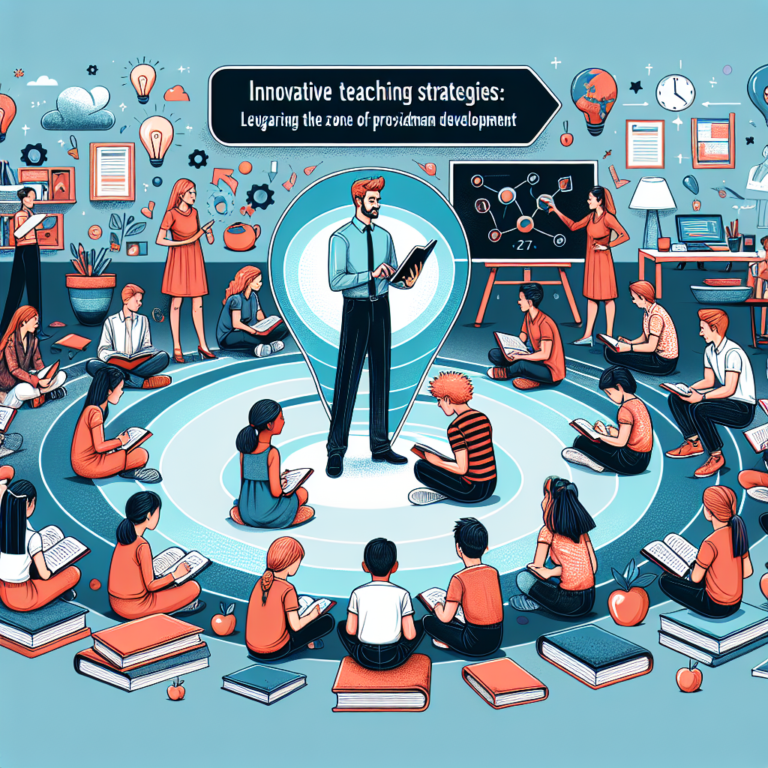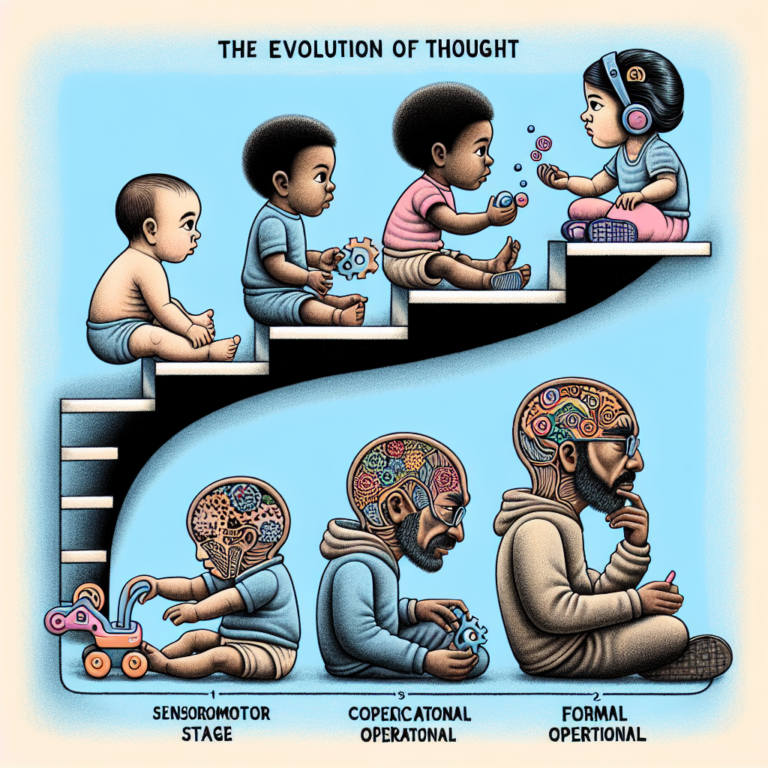
Introduction
Imagine a world where your potential is not defined by your past but shaped by your willingness to learn and grow. This fascinating idea is at the heart of the debate between fixed and growth mentalities. Mindset Matters: The Science Behind Fixed vs. Growth Mentalities, is more than just a catchy phrase; it embodies a pivotal aspect of human psychology that influences how we face challenges and pursue our goals. This article will delve deep into the intrinsic value of adopting a growth mindset, supported by science and real-world applications, aiming to empower you to unlock your full potential.
Understanding Mindsets
Defining Fixed and Growth Mentalities
At its core, a fixed mindset holds the belief that our abilities and intelligence are static, predetermined at birth. Those espousing a fixed mindset often shy away from challenges, fearing failure and criticism. On the other hand, a growth mindset embraces the notion that skills and intelligence can be developed through effort, learning, and resilience. Individuals with a growth mindset view challenges as opportunities, leading to personal and professional improvement.
| Mindset Type | Key Characteristics | Responses to Challenges |
|---|---|---|
| Fixed | Belief in static abilities | Avoidance, fear of failure |
| Growth | Belief in development of abilities | Embracement of challenges, persistence |
The Origins of Mindset Theory
The concept of fixed and growth mindsets was introduced by psychologist Carol Dweck in her groundbreaking book, "Mindset: The New Psychology of Success." Dweck’s research reveals that how we think about our abilities can profoundly affect our motivations, learning trajectories, and overall achievements. Through numerous studies, Dweck demonstrated that individuals with a growth mindset achieve more than their counterparts with a fixed mindset.
The Science Behind Mindset
Neural Plasticity: The Brain’s Capacity to Change
Neuroscience supports the principles of growth mindsets through the concept of neuroplasticity. This term refers to the brain’s ability to reorganize itself by forming new neural connections throughout life. Studies illustrate that engaging in challenging tasks enhances neural pathways, reinforcing the idea that effort leads to improvement.
Impacts on Learning and Achievement
Research shows that students with a growth mindset not only perform better academically but also recover more quickly from setbacks. A groundbreaking study in educational psychology published in the journal Intelligence discovered that students taught about the brain’s ability to grow enhanced their academic performance significantly compared to those who weren’t.
Emotional Well-Being and Resilience
A growth mindset contributes not only to academic success but also to emotional well-being. Individuals with a growth mindset are generally more resilient, as they possess a positive outlook on failure, viewing it as a stepping stone rather than an end. This resilience leads to lower levels of stress and anxiety, allowing individuals to maintain focus on their goals.
Real-World Applications
Case Study 1: Education Transformation
Example: The Chicago Public Schools Initiative
In a significant initiative spearheaded by Chicago Public Schools, educators were trained in the principles of growth mindset. This involved changing classroom environments to foster resilience and a love for learning. The results were astounding: participating schools reported a 15% increase in student performance and a notable improvement in engagement levels.
Analysis: This case illustrates the tangible benefits of applying growth mindset principles on a large scale, showcasing potential transformations in educational systems worldwide.
Case Study 2: Corporate Settings
Example: Microsoft’s Growth Mindset Culture
Microsoft’s CEO Satya Nadella emphasized the importance of adopting a growth mindset within the tech giant. By fostering a culture of learning and collaboration, he aimed to break down silos and encourage innovation. As a result, Microsoft has seen a shift in its stock price and overall employee satisfaction.
Analysis: This case reveals how businesses can thrive when they prioritize a growth mindset, leading to innovation and a competitive edge in the market.
Table: Benefits of Growth Mindset in Various Sectors
| Sector | Benefits of Growth Mindset |
|---|---|
| Education | Increased student engagement and performance |
| Corporate | Enhanced collaboration and innovation |
| Healthcare | Improved patient outcomes and staff morale |
| Athletics | Higher levels of achievement and resilience |
Transforming Your Mindset
Identifying Your Current Mindset
Start by assessing your own beliefs about learning and intelligence. Consider the following questions:
- Do you view challenges as opportunities?
- How do you respond to criticism?
- Are you open to learning from your mistakes?
Techniques for Cultivating a Growth Mindset
- Embrace Challenges: Seek out challenges as opportunities for personal growth.
- Change Your Self-Talk: Replace negative phrases with positive affirmations. Instead of “I can’t do this,” say “I can learn to do this.”
- Persevere: Approach obstacles with determination. Persistence is vital.
- Learn from Criticism: View feedback as a tool for improvement rather than a personal attack.
- Celebrate Effort, Not Just Results: Acknowledge the process, not just the destination.
Resources for Further Development
Consider books like "Mindset" by Carol Dweck, or explore courses on platforms like Coursera or Udemy that focus on personal development and mindset training.
Conclusion
In a world brimming with challenges and uncertainties, your mindset can either be your greatest ally or a significant barrier. Mindset Matters: The Science Behind Fixed vs. Growth Mentalities isn’t just a phrase, but a paradigm shift that can unlock potential within individuals and organizations alike. As you cultivate a growth mindset, remember that learning and development are lifelong journeys filled with both triumphs and setbacks. Embrace the journey, and unlock your true potential.
FAQs
1. What is a fixed mindset?
A fixed mindset is the belief that your abilities, intelligence, and talents are innate and unchangeable. This perspective often leads to avoidance of challenges and a fear of failure.
2. How can I develop a growth mindset?
To foster a growth mindset, embrace challenges, persist through setbacks, view effort as essential to achievement, and learn from criticism.
3. What are the benefits of a growth mindset?
The benefits include improved performance in academics and careers, increased resilience, heightened emotional well-being, and a more robust ability to tackle challenges.
4. Can a growth mindset be cultivated at any age?
Absolutely! Individuals of any age can develop a growth mindset through consistent practice and reflection on their approaches to challenges and learning.
5. How can organizations promote a growth mindset among employees?
Organizations can encourage a growth mindset by fostering a culture of learning, providing opportunities for professional development, and encouraging collaborative problem-solving.
By embracing the principles discussed in this article and recognizing that “Mindset Matters: The Science Behind Fixed vs. Growth Mentalities,” you empower yourself and those around you to thrive in unimaginable ways.














